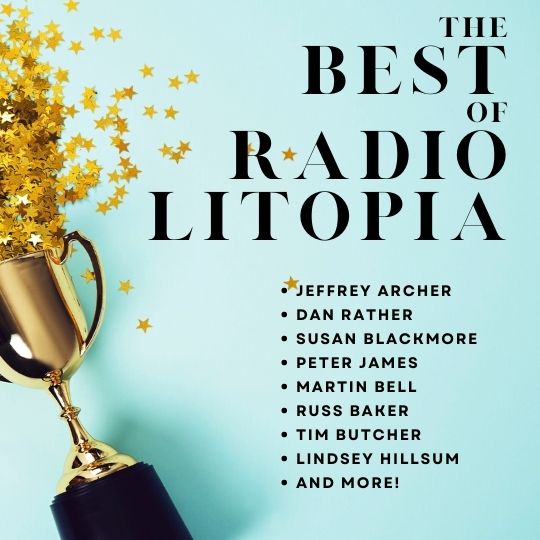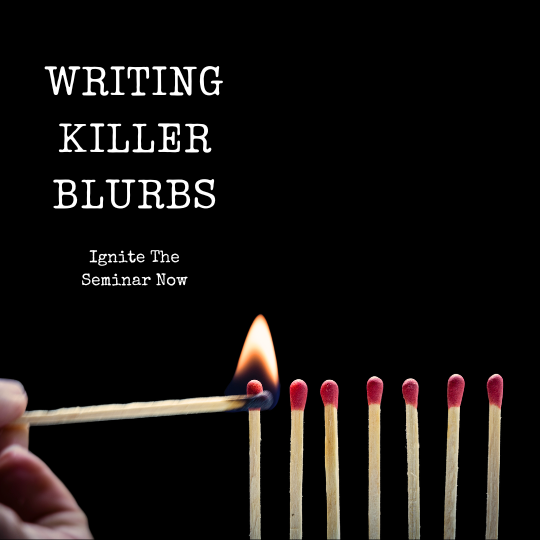H
Howard
Guest
Sigh.
Pardon my French, but I hate this shit.
Nevertheless, I suppose I need to check <grumble>
OK, so, as we now live in the most entitled, ridiculous and yet wildly uninformed and uneducated period of human history, I have to ask: Is the word "Swarthy" a pejorative?
I say, quite emphatically, no. Its a perfectly good descriptive of darker skinned people who are not deeply pigmented enough to be called black. In fact, it seems to generally be used in a positive way, as in to describe a certain look about a man who is dusky and attractive.
But what do I know? I'm white. We know nothing, apparently.
Anyway: thoughts?
(Guess who woke up in a great mood this morning? lol)
Pardon my French, but I hate this shit.
Nevertheless, I suppose I need to check <grumble>
OK, so, as we now live in the most entitled, ridiculous and yet wildly uninformed and uneducated period of human history, I have to ask: Is the word "Swarthy" a pejorative?
I say, quite emphatically, no. Its a perfectly good descriptive of darker skinned people who are not deeply pigmented enough to be called black. In fact, it seems to generally be used in a positive way, as in to describe a certain look about a man who is dusky and attractive.
But what do I know? I'm white. We know nothing, apparently.
Anyway: thoughts?
(Guess who woke up in a great mood this morning? lol)
Last edited by a moderator:



